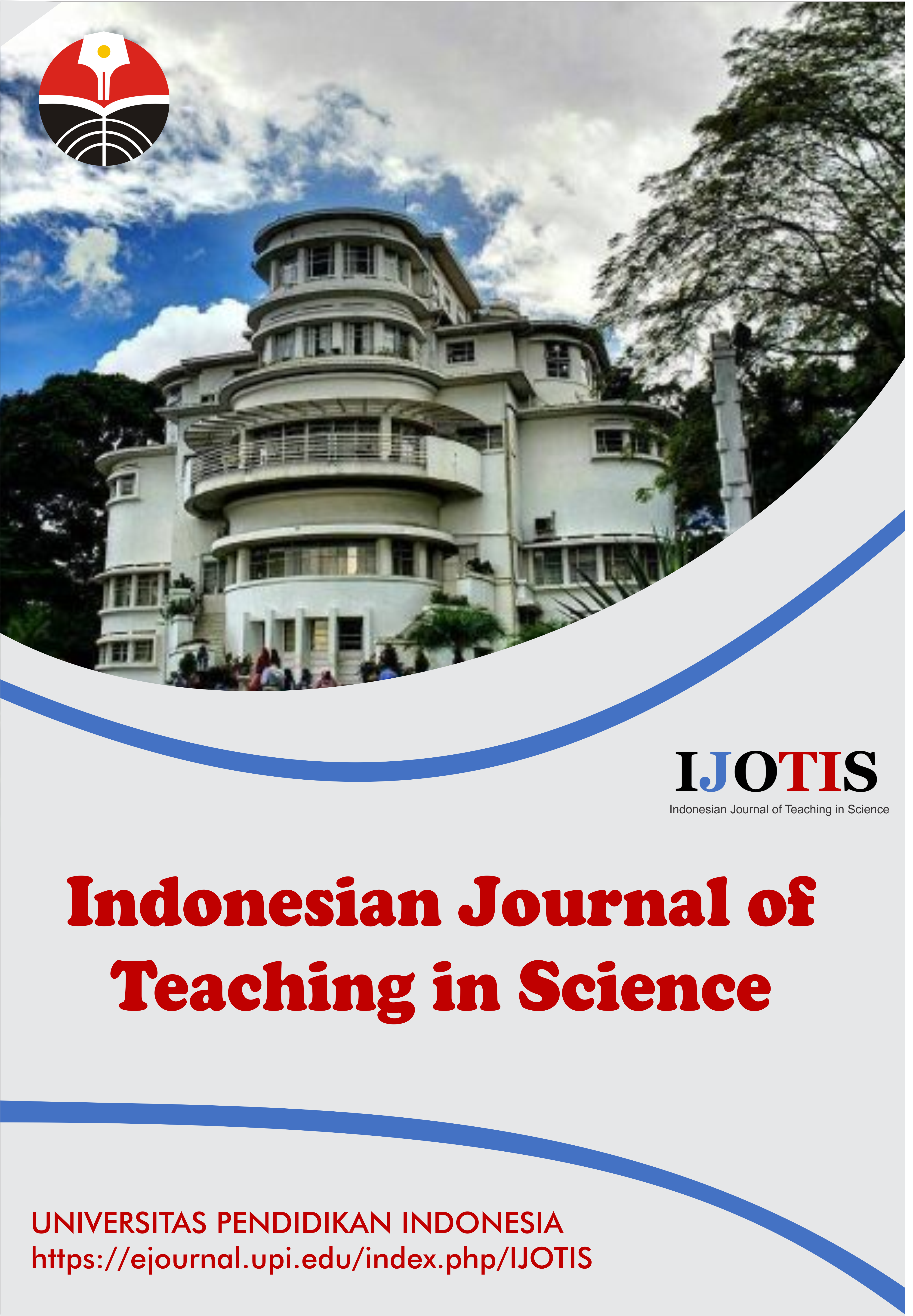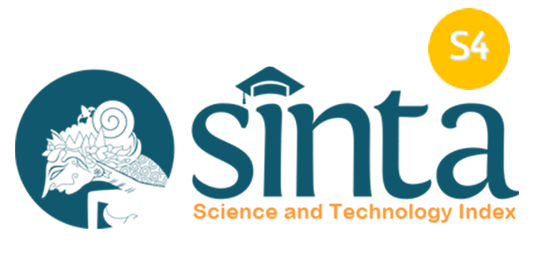Competency Level in Information and Communications Technology (ICT) of Teachers: Basis for a Technological, Pedagogical and Content Knowledge (TPACK) readiness training program
Abstract
The study is aimed at determining the level of competence of information and communications technology (ICT) secondary teachers in the City Division of Ligao. Specifically, it is done to answer the following questions: (1) What is the demographic profile of the respondents in terms of age, sex, educational attainment, length of service, number of training attended related to ICT, and other qualifications? (2) What is the competency level of Technology and Livelihood Education (TLE)-ICT teachers in the four competency domains: technology operations and concepts, social and ethical, pedagogical, and professional domains? (3) Is there a significant relationship between the demographic profile and the competency level of the ICT teachers along the four domains? (4) What training design can be proposed based on the findings of the study? A descriptive, evaluative, and survey method of research was utilized in this study. The instrument used in this study was a survey questionnaire adapted from the National ICT Competency Standard Framework (NICS). The gathered data were interpreted and analyzed using different statistical tools such as frequency distribution, percentage technique, mean, weighted mean, Likert scale, and chi-square test for independence.
Keywords
Full Text:
PDFReferences
Araiz, J. (2018). Profile and level of competence of information and communications technology (ICT) coordinators among secondary schools in the division of davao del sur. JPAIR Multidisciplinary Research, 32(1), 124-148.
Borghans, L., Green, F., and Mayhew, K. (2001). Skills measurement and economic analysis: an introduction. Oxford Economic Papers, 53(3), 375-384.
Caluza, L. J. B., Verecio, R. L., Funcion, D. G. D., Quisumbing, L. A., Gotardo, M. A., Laurente, M. L. P., and Marmita, V. (2017). An assessment of ICT competencies of public school teachers: Basis for community extension program. IOSR Journal of Humanities and Social Science, 22(03), 01-13.
Danner, R. B. (2013). A survey of ICT competencies among students in teacher preparation programmes at the University of Benin, Benin City , Nigeria. Journal of Information Technology Education: Research, 12, 33-49.
Dela Fuente, J. and Biñas, L. (2020). Teachers’ competence in information and communications technology (ICT) as an educational tool in teaching: An empirical analysis for program intervention. Journal of Research in Education, Science and Technology, 5(2), 61-76.
Ghavifekr, S. and Rosdy, W.A.W. (2015). Teaching and learning with technology: Effectiveness of ICT integration in schools. International Journal of Research in Education and Science (IJRES), 1(2), 175-191.
Lam, Y. (2000). Technophilia vs. technophobia: A preliminary look at why second-language teachers do or do not use technology in their classrooms. Canadian Modern Language Review, 56(3), 389-420.
Moffatt, M. P. (1961). Education and competence. The Journal of Educational Sociology, 35(4), 189-192.
Wang, Y. C. (2006). Capability building model for secondary school mathematics teachers. The Journal of Human resource and Adult Learning, 2(2), 23-33.
DOI: https://doi.org/10.17509/ijotis.v4i1.67614
Refbacks
- There are currently no refbacks.
Copyright (c) 2024 Universitas Pendidikan Indonesia

This work is licensed under a Creative Commons Attribution-ShareAlike 4.0 International License.
Indonesian Journal of Teaching in Science (IJoTIS) is published by Universitas Pendidikan Indonesia (UPI)
 Indonesian Journal of Teaching in Science
Indonesian Journal of Teaching in Science



